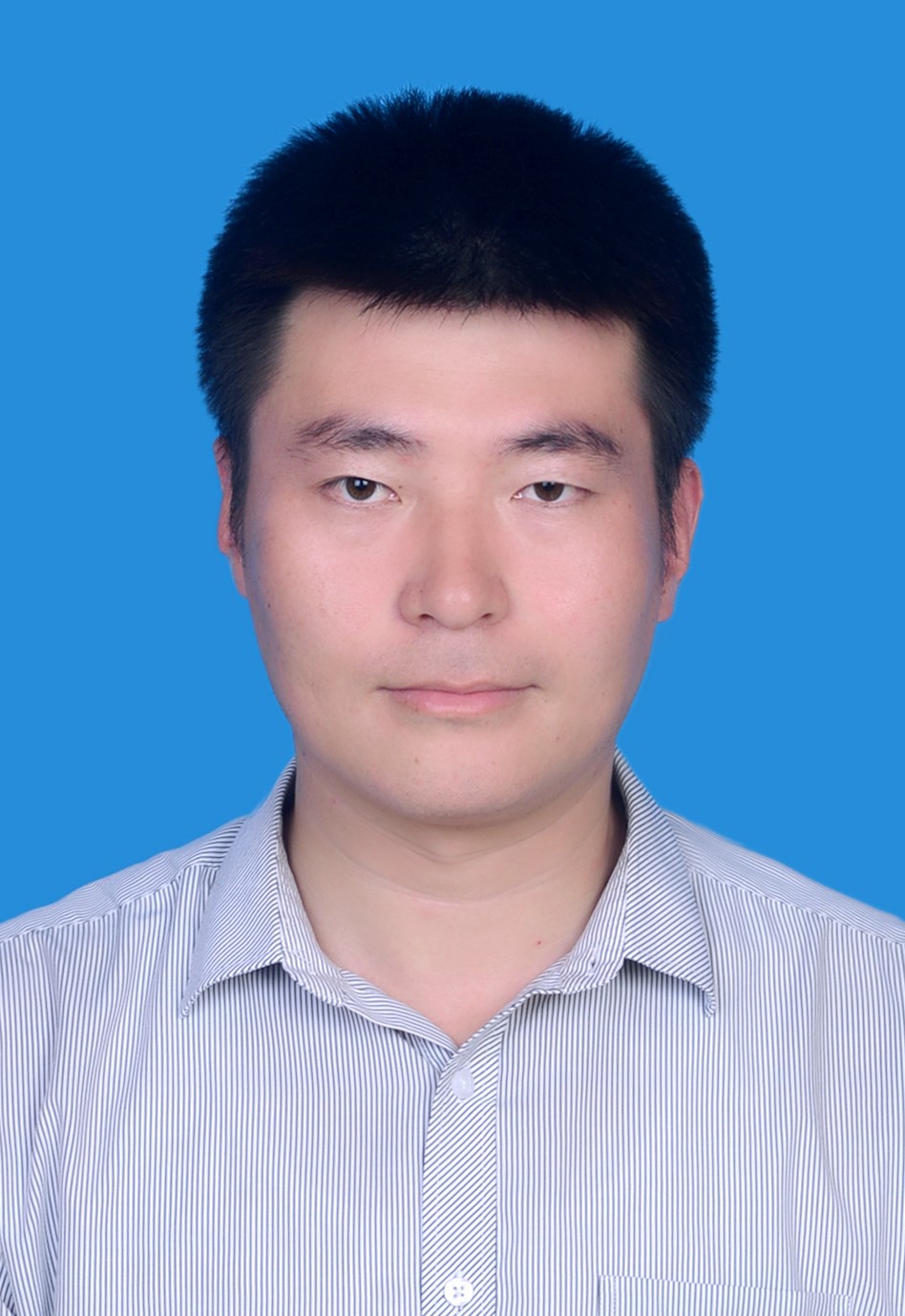Speakers And Publication
Speaker:
Prof.ALEX NOEL JOSEPH RAJ(Shantou University)
experience:ALEX
NOEL JOSEPH RAJ received the B.E. degree in Electrical Engineering from Madras
University, India,in 2001, the M.E. degree in Applied Electronics from Anna
University in 2005, and the Ph.D. degree in Engineering from the University of
Warwick, Coventry, UK in 2009. From October 2009 to September 2011, he
was with Valeport Ltd Totnes, UK as Design Engineer. From March 2013 to
March 2017 he was with the Department of Embedded Technology, School of
Electronics Engineering, VIT University, Vellore, India as a Professor.
Since March 2017, he is with Department of Electronic Engineering, College of
Engineering, Shantou University, China. His research interests include
Machine Learning, Signal and Image Processing and FPGA implementations. He is
specialised in Image processing, with Industrial and Teaching experience in
Machine Learning, Deep Networks Signal and Medical Image Processing, FPGA
system design, Matlab, Simulink, Machine Vision Systems, SONAR systems and
Embedded Systems.
Prof.Canhao Xu(BNU-HKBU United
International College)
Speech Title: Hardware/Software
Codesign of Efficient Deep Learning Algorithms
Abstract: The
efficiency of machine learning and deep learning algorithms is more and more
important nowadays. Improving accuracy without considering model efficiency is
undesirable. Deep learning algorithms on embedded devices, such as educational
devices and/or educational robots, often have demanding real-time requirements.
For example, object recognition systems based on cameras usually require a
latency of hundreds of milliseconds to respond to events in a timely manner.
Commercial embedded devices sometimes offload the machine learning algorithms
to the cloud. However, network connection quality and speed are becoming
another challenging constraint for these devices. Another choice is to
implement a high efficient deep learning algorithm on the embedded device, which
isn’t affected by the internet connection. Enabling deep learning on the
embedded device is difficult. The main characteristic of embedded devices is
low power, which usually means the limited computational capability of the
processor and limited size of the memory. From the perspective of
software/hardware codesign, in order to speed up the processing speed of deep
learning and image recognition algorithms, optimizations at both the
algorithmic and hardware-level are required.
Dr. Guanglei Wu(Dalian University of Technology)
experience:Dr. Guanglei Wu received his PhD in mechanical engineering from Aalborg University, Denmark, 2013. He was granted an industrial project by Innovation Fund Denmark and worked as a postdoc fellow in Aalborg University from 2014 to 2016. He was a visiting scholar in the Research Institute in Communications and Cybernetics of Nantes (IRCCyN, the former LS2N) in 2012, and a visiting .scholar in Aarhus University of Technology in 2020, China. Currently, he is an associate professor in Dalian University of Technology. His research interests include robotic technology and their applications. He has published a monograph by Springer and over 70 research papers, he was the awardee of the Asian MMS 2016 & CCMMS 2016, and he has been internationally recognized. He is the referee of a number of international journals and conferences in the fields of mechanisms and robots.
Publication:
All accepted full papers will be published in conference proceedings and will be submitted to EI Compendex / Scopus for indexing.
Note:
All submitted articles should report
original, previously unpublished research results, experimental or theoretical.
Articles submitted to the conference should meet these criteria and must not be
under consideration for publication elsewhere. We firmly believe that ethical
conduct is the most essential virtual of any academic. Hence any act of
plagiarism is a totally unacceptable academic misconduct and cannot be
tolerated.



